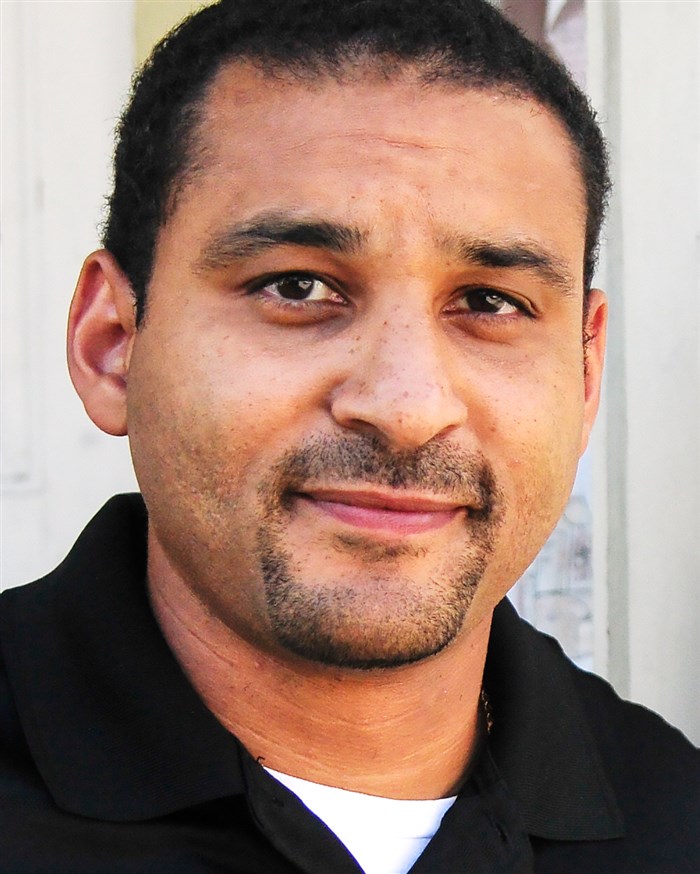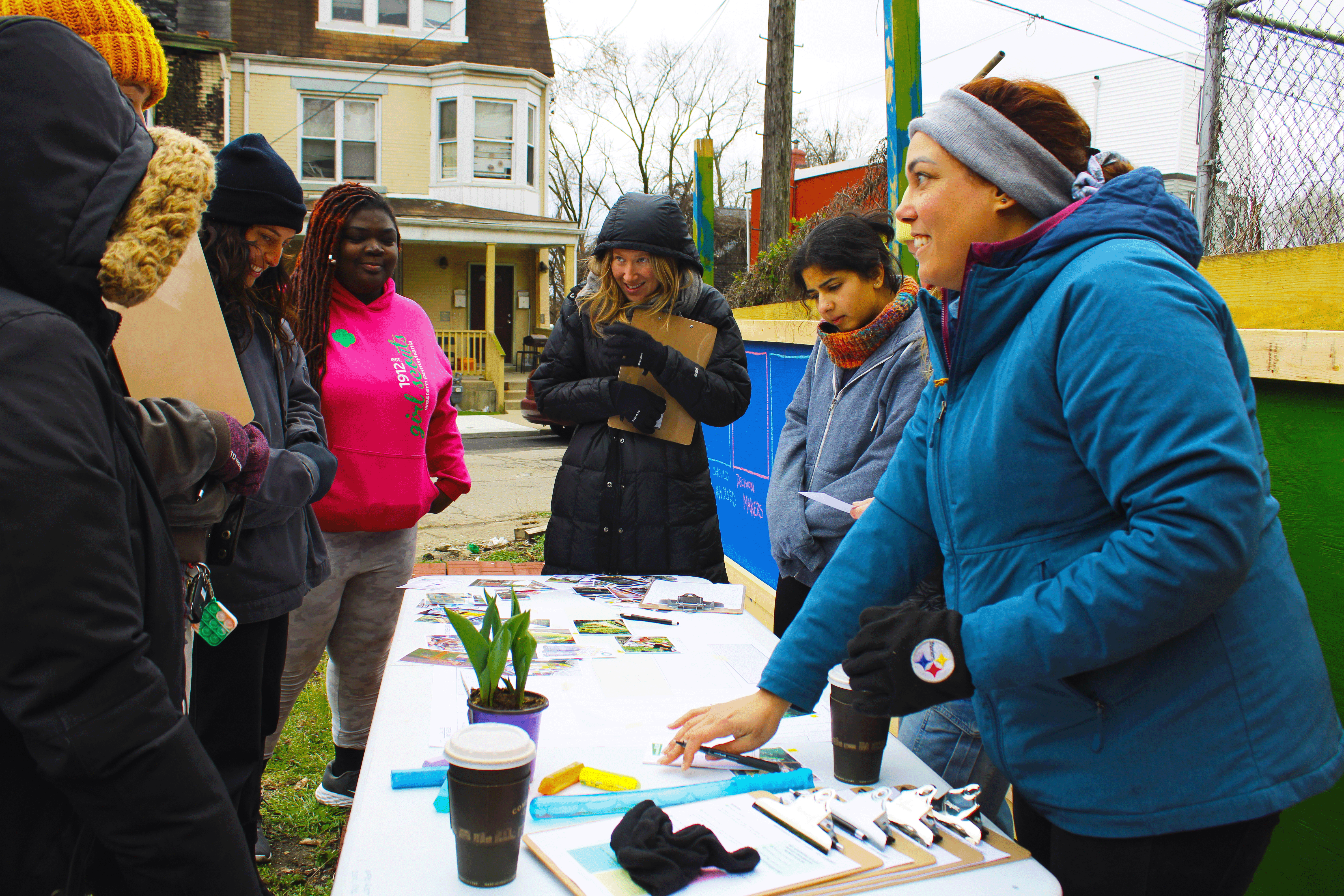In late 2015, we invested $75,000 in FOCUS Pittsburgh to support the planning and pilot phase of their Trauma Informed Community Development (TICD) Initiative.
With our support, FOCUS Pittsburgh immediately began to build the infrastructure to support to help address the effects of trauma and revitalize community by establishing and promoting healthy, healing micro-communities. They have used our initial investment to leverage more than half a million dollars, expand their reach from one to eight neighborhoods, and bring top notch expertise and knowledge from the University of Pittsburgh and the Allegheny County Health Department (among many others) to the table.
Follow the FOCUS Pittsburgh Story:
- Our Catalytic Grants At Work On The Ground: FOCUS Pittsburgh
- Our Catalytic Grants at Work On The Ground: FOCUS Pittsburgh/TICD
- FOCUS Pittsburgh group aims to service residents stressed from violence
Today, we’re happy to share more progress with this great story covered by the Pittsburgh Post-Gazette.
New Allegheny County anti-violence trauma team ready to hit the streets
By: Shelly Bradbury | Pittsburgh Post-Gazette | July 5th, 2017 | Read the full article
Yellow crime scene tape looped around trees and fences, uniformed officers stationed along the perimeter, neighbors sitting out on porches. The wail of a grief-stricken relative.
Soon, another sight will become normal at such crime scenes — a lumbering RV from FOCUS Pittsburgh, filled with a team of trained volunteers who will provide immediate, on-the-spot trauma care for victims of shootings, family members and neighbors.
The RV, previously used as a clinic, is designed as a safe space where people can take a break from the stress of crime scenes, talk privately with volunteers trained in trauma care and get help meeting basic, immediate needs caused by the violence, said the Rev. Paul Abernathy, director of FOCUS Pittsburgh. The RV will be emblazoned with a phone number so residents who don’t feel comfortable stepping inside can still connect to find help, he added.
A team of at least three or four volunteers will stay on scene with the RV for the first 48 hours after a shooting, Rev. Abernathy said, unless they are called to another incident.
“It’s important to be there when people don’t feel safe or when they feel alone,” he said. “It’s a tough thing to see the last patrol car drive away. So we want to be present as much as we can in the first 48 hours.”
The plan is funded in part by a two-year, $150,000 grant from the Allegheny County Health Department, one of two grants the department is distributing to local organizations to combat gun violence by treating it like a public health crisis.
The second, $160,000 grant was awarded to the University of Pittsburgh’s Department of Behavioral and Community Health Sciences. Assistant professor Richard Garland is leading that effort and plans to hire two street outreach workers who will focus on violence prevention through mediation and personal relationships.
The street outreach will complement work the department is already doing, like meeting with gunshot victims in area hospitals, Mr. Garland said. The two outreach workers will target Wilkinsburg, Braddock, Rankin, Duquesne, McKeesport and Penn Hills.
FOCUS Pittsburgh’s trauma response teams will also work in those neighborhoods, as well as at shooting scenes in the North Side, the Hill District and across the county as needed.
Rev. Abernathy will use grant money to hire one full-time staffer to oversee six trauma response teams. Each team’s leader will be paid a small stipend; other team members will be volunteers. Grant money will also pay for the RV’s upkeep and gas, and for citizens’ emergency needs after gun violence.
Health department officials hope the two-year effort will yield a demonstrable drop in the number of shootings in the county, but say the programs will not be evaluated on numbers alone.
“The issues and root causes of the violence that is taking place in these communities did not happen overnight,” said Roderick Harris, the health department’s deputy director. “It took years and years, and then you get the level of violence you have in these pocketed communities. It’s going to take the same type of investment to undo that.”
Every person every now and then has to deal with a feeling of pain. It’s quite unpleasant and notifies us that the body needs help. In this case, the pain serves as a defense mechanism. Sometimes there are situations when it is impossible to cope with the problem quickly enough. Mainly in these situations analgesics like Tramadol (Ultram) are very useful.
There have been about 50 homicides in Allegheny County so far in 2017, and the majority of victims were killed in shootings.
Rev. Abernathy said it’s unrealistic to expect his teams to eradicate gun violence in two years.
“But I do believe we can help people heal,” he said. “I do believe we can save lives. I do believe we can make this city, region and county a better region to live in. I think we can inspire hope.”
Shelly Bradbury: 412-263-1999, sbradbury@post-gazette.com or follow @ShellyBradbury on Twitter.


